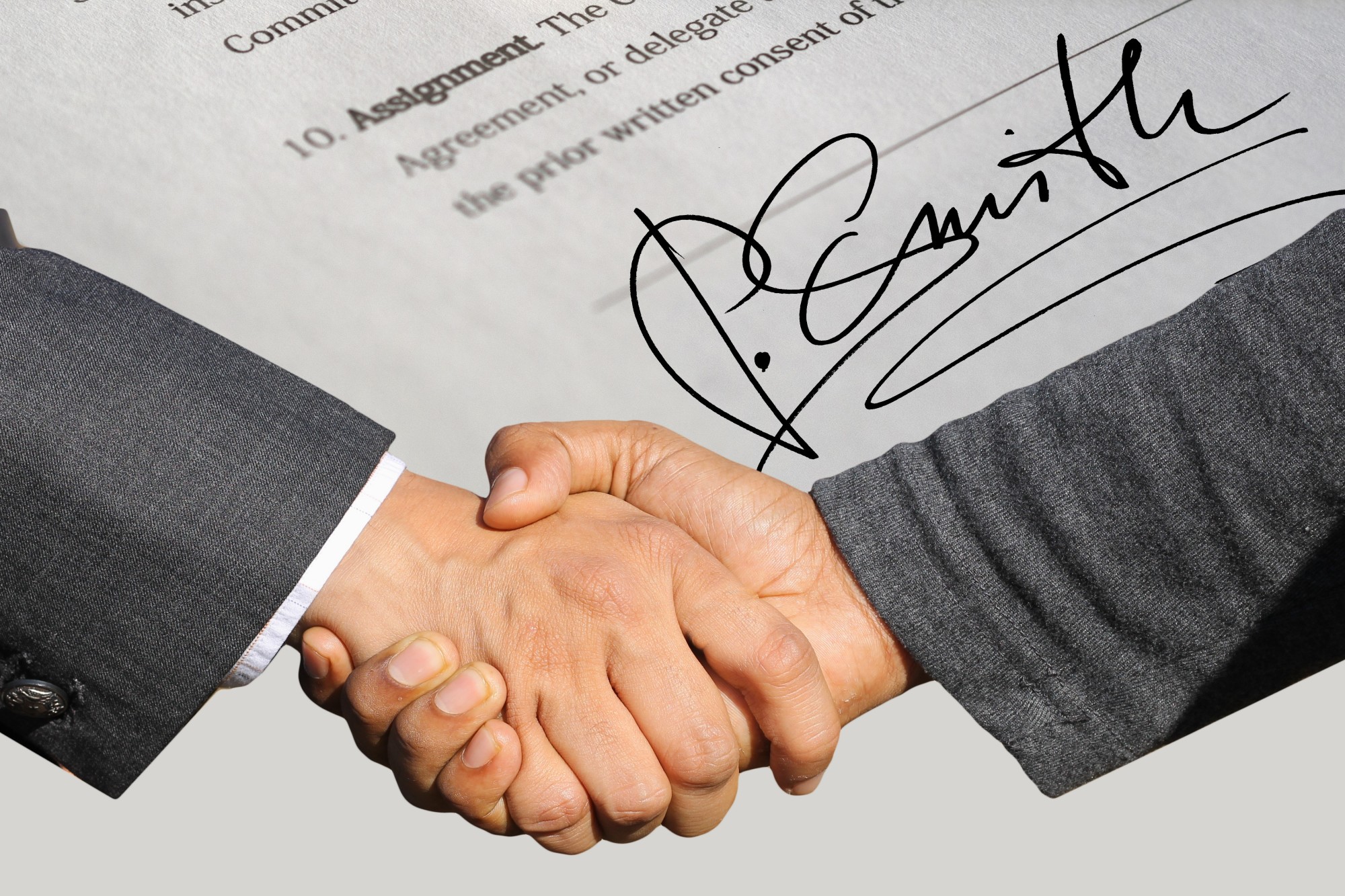Sticks and Stones may break my bones… do words hurt?
Rumors are terrible. They can create unnecessary drama, but not only that, they can impact your reputation and business. In Florida, you can sue for libel, defamation or slander. There are facts to consider, however:
- If the statement is a true and provable fact
- The effect of the statement is injurious
- The victim is clearly identifiable
- There is publication to a third party
- There are measurable damages to the victim
- Veracity of the statements
- Intentional fault by the defamer
It’s not just individuals that can be defamed. Corporations, unincorporated associations and even partnerships can be defamed.
So, what’s the difference between libel, slander and defamation?
Defamation is the written or spoken word of someone that causes you to have a negative impression of someone’s reputation. Two types of defamation are:
- Libel is a written or permanently recorded defamatory statement.
- Not as permanent as libel, Slander is spoken defamation.
In Florida, actionable damages must be present to recover. Damages can mean any way your business has been negatively impacted. Loss of revenue? Inability to secure employees? Loss of vendors? These are examples of damages that can be calculated. Calling names may not be enough to qualify for actionable injury, but there are false allegations that can create defamation and result in an actionable case. The statements must be false, of malicious intent, must be published or spoken to a third party (someone who is not you or them), and you must show damages as a result.
Contact an experienced business law attorney to determine your rights and evaluate your case.





